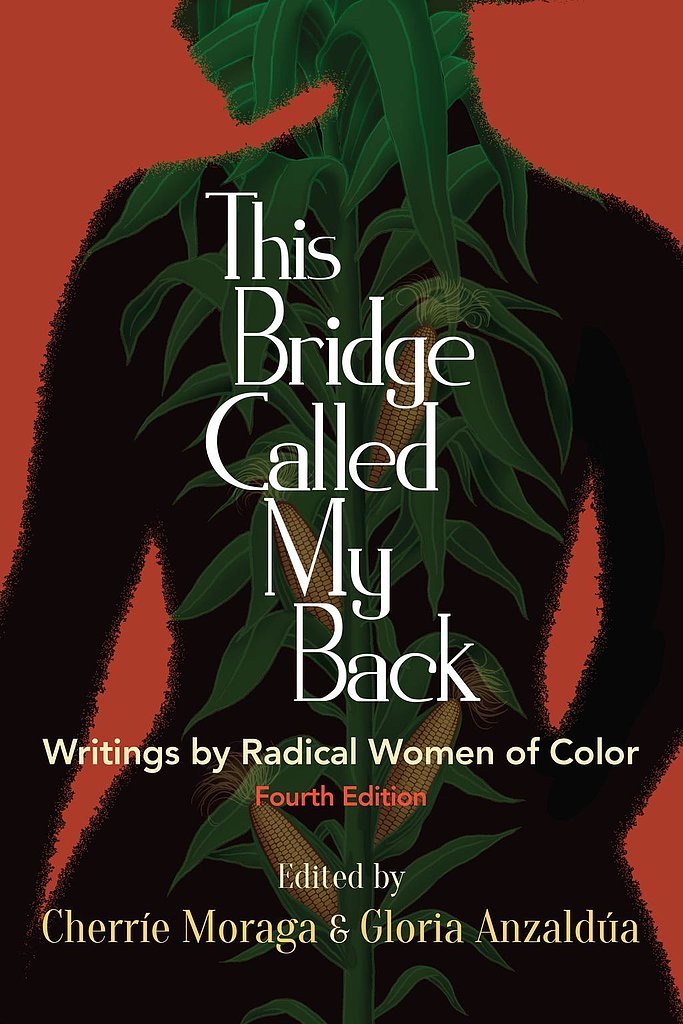
This Bridge has allowed us to define the promise of research on race, gender, class and sexuality as profoundly linked to collaboration and coalition-building. Twenty years after its publication, we can now see how it helped to untether the production of knowledge from its disciplinary anchors-and not only in the field of women's studies. dispels all doubt about the power of a single text to radically transform the terrain of our theory and practice. I have loved this book for thirty years, and am so pleased we have returned with our stories, words, and attributes to the growing and resilient movement." - Winona LaDuke (Anishinaabe), Executive Director, Honor the Earth " This Bridge Called My Back. This Bridge Called My Back deserves to be picked up by a new generation of radical women." - ForeWord Reviews "Immense is my admiration for the ongoing dialogue and discourse on feminism, Indigenous feminism, the defining discussions in women of color movements and the broader movement.

There are lines of poetry here sure to stir the imagination and connect with all ages, races, and genders. "These essays and poems do more than just revisit the hopes, fears, frustrations, and accomplishments of women of color circa 1981 they also shed light on concerns women continue to face today. Bridge continues to reflect an evolving definition of feminism, one that can effectively adapt to and help inform an understanding of the changing economic and social conditions of women of color in the United States and throughout the world. Further features help set the volume's historical context, including an extended introduction by Moraga from the 2015 edition, a statement written by Gloria Anzaldúa in 1983, and visual art produced during the same period by Betye Saar, Ana Mendieta, Yolanda López, and others, curated by their contemporary, artist Celia Herrera Rodríguez.

Through personal essays, criticism, interviews, testimonials, poetry, and visual art, the collection explores, as coeditor Cherríe Moraga writes, "the complex confluence of identities-race, class, gender, and sexuality-systemic to women of color oppression and liberation." Reissued here, forty years after its inception, this anniversary edition contains a new preface by Moraga reflecting on Bridge 's "living legacy" and the broader community of women of color activists, writers, and artists whose enduring contributions dovetail with its radical vision.


Originally released in 1981, This Bridge Called My Back is a testimony to women of color feminism as it emerged in the last quarter of the twentieth century.


 0 kommentar(er)
0 kommentar(er)
